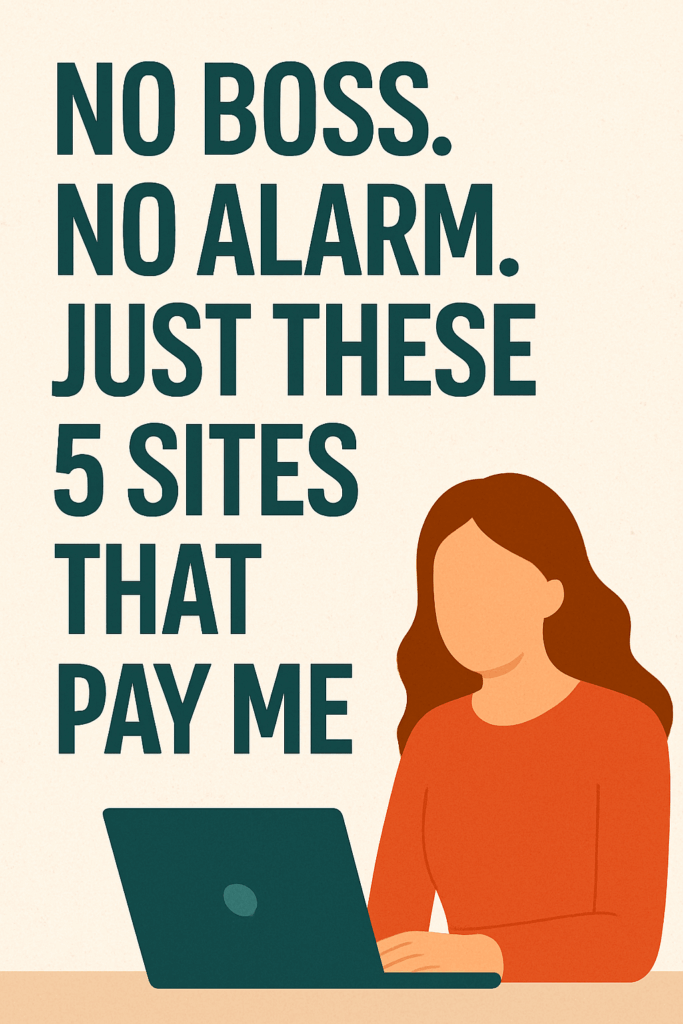5 Popular Myths About Budgeting You Should Stop Believing
In the journey to financial stability and wealth creation, budgeting often comes up as a crucial step. Unfortunately, there are many misconceptions about budgeting that can hinder your financial progress. As we dive into this topic, we’ll dispel some common myths while equipping you with actionable strategies and resources to help you take control of your finances.
Myth 1: Budgeting is Only for People with Financial Problems
Short quiz → match to openings; beginner-friendly and fully online.
One of the most pervasive myths about budgeting is that it’s only necessary for individuals facing financial hardships. The truth? Budgeting is beneficial for everyone, regardless of their current financial situation. Here’s why:
- Proactive vs. Reactive: A budget helps you take a proactive approach to your finances, allowing you to plan for the future rather than just reacting to your current situation.
- Wealth Building: Even if you’re financially stable, budgeting is essential for saving for investments, emergencies, or retirement.
- Peace of Mind: Knowing where your money goes provides peace of mind, enabling you to enjoy your life without constant financial stress.
Checkpoint:
Evaluate your current financial situation. Are you budgeting effectively? If not, start with a simple budget template that allocates your income into various categories (expenses, savings, investments).
Myth 2: Budgeting is Too Complicated
Another myth that discourages many people from budgeting is the belief that it’s a complicated and time-consuming process. Here’s the reality: budgeting can be simple and straightforward!
Here’s a Step-by-Step Guide to Simplify Budgeting:
- Set Clear Goals: Define what you want to achieve—be it saving for a vacation, buying a house, or paying off debt.
- Track Your Spending: Use apps or spreadsheets to track your income and expenses. Resources like Freecash can help you manage your finances more effectively.
- Create a Budget Template: Allocate your monthly income to different categories (needs, wants, savings).
- Adjust Regularly: Review your budget monthly to ensure it aligns with your financial goals.
Tools to Assist You:
- Apps: Consider using budgeting apps for automated tracking. There are various free and paid options available.
- Resources: Websites like SocialPaid provide resources to earn a little extra cash while you manage your finances.
Checkpoint:
After creating your budget, reflect on its simplicity. Can you manage it with minimal effort? If not, reevaluate your categories and adjust.
Myth 3: You Can’t Have Fun While Budgeting
SocialPaid connects you with quick, simple social media tasks you can do from your phone.
- Personalized gigs via short quiz
- 15–30 minute task blocks
- Beginner friendly
Some people believe that budgeting means sacrificing all forms of enjoyment and entertainment. This couldn’t be further from the truth. Effective budgeting allows you to plan for fun and leisure without derailing your financial goals.
Here’s How to Include Fun in Your Budget:
- Set Aside a “Fun Fund”: Allocate a specific amount each month for leisure activities, dining out, or hobbies. This allows you to enjoy life while staying on track with your finances.
- Look for Deals: Take advantage of deals and discounts in your area or online. For instance, utilizing local platforms can help you discover budget-friendly activities.
- Prioritize Experiences: Shift your spending from material possessions to experiences, which can often be more fulfilling.
Resources to Explore:
- Use platforms like ChatJobs to find flexible side gigs that can fund your fun without interfering with your budget.
Checkpoint:
Review your current spending habits regarding fun. Are there areas where you could cut back without sacrificing enjoyment?
Myth 4: You Must Be an Expert to Create a Budget
Many individuals think that you need to be a finance expert to create a successful budget. However, budgeting is accessible to everyone, and there are plenty of resources to help you.
Here’s a Basic Framework to Get Started:
- Income Assessment: List all your income sources, including jobs, freelance gigs, or side hustles. If you’re looking for beginner-friendly roles, check out
📝 WritingJobs — Paid Writing & Review Tasks
Apply to writing gigs that fit your schedule, from short reviews to blog posts.
Many believe that budgeting is a restrictive practice that stifles your financial freedom. In reality, budgeting gives you control over your finances and helps you prioritize your spending.
The Empowerment of Budgeting:
- Awareness of Spending Habits: Understanding where your money goes allows you to make informed decisions.
- Empowered Choices: You can choose to spend more in areas that matter to you while cutting back in others.
- Increased Savings: With a budget, you can allocate funds towards savings or investments that can yield long-term benefits.
The Benefits of Smart Budgeting:
- Freedom to indulge occasionally while ensuring that essentials and savings are covered.
- Ability to contribute to important causes or experiences that bring you joy.
Checkpoint:
Reflect on how budgeting has impacted your financial freedom. Do you feel more in control? Are there adjustments you can make to enhance your budgeting experience?
Conclusion
Budgeting is a vital skill that everyone can benefit from. By debunking these common myths, you’re on the path to creating a sustainable financial plan that includes fun and financial freedom.
Next Steps:
- Set realistic goals for your budgeting journey.
- Explore side gigs or opportunities to supplement your income, such as through 💬 See ChatJobs That Fit You





















